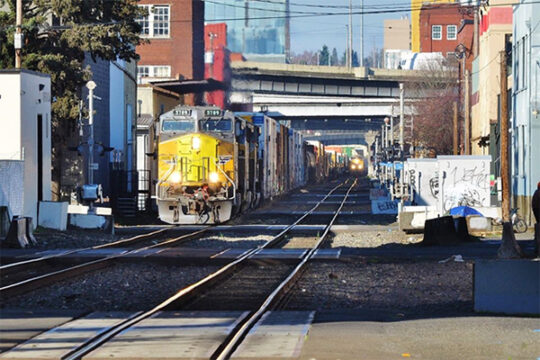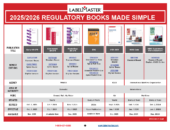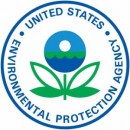
The week just ended found regulatory activity about normal—several actions of interest including several Special Permit actions from PHMSA and a big new final rule from the FRA. In another story that is not currently receiving heavy US media coverage, our Canadian neighbors are experiencing an environmental and political dispute that has had a significant impact on that nation’s rail transport. See below for all the details as well as the rest of the week’s news.
PHMSA
The agency published its latest round of special permit actions. As is typical of such published actions, the permits addressed mostly deal with batteries, cylinder issues, package modifications, and requests for non-standard transport permissions not according to the full requirements of the HMR. See all the relevant actions via the links here:
https://www.govinfo.gov/content/pkg/FR-2020-02-11/pdf/2020-02703.pdf
https://www.govinfo.gov/content/pkg/FR-2020-02-11/pdf/2020-02702.pdf
https://www.govinfo.gov/content/pkg/FR-2020-02-11/pdf/2020-02701.pdf
OSHA
The agency issued a final rule correcting typographical errors, including extraneous or omitted materials and inaccurate graphics, in 27 OSHA standards and regulations. These revisions do not affect the substantive requirements or coverage of the standards, do not modify or revoke existing rights or obligations, and do not establish new rights or obligations. The rule is effective February 18, 2020. See it here
FRA
In a major rulemaking, the agency has finally published its regulation governing risk reductions programs. This somewhat controversial rulemaking will require Class I railroads, and freight railroads that fail to meet certain safety benchmarks, to engage in systematic process implementation to reduce risk and improve safety performance through visible metrics. The RRP rule is effective April 20th, 2020. See the details of this impactful final rule here
FMCSA
In good news for motor carriers, the agency announced a 14.45% reduction in the amount it will bill to the states for its administration of the Unified Carrier Registration Plan for 2020. This should translate to lowered fees on the state level associated with that program. See the announcement here
Canadian Railway Blockade
In an action not directly related to dangerous goods but nevertheless a significant impactor to such transport, much of Canada’s railway system has been shut down on account of the presence of protesters occupying the railways’ rights-of-way at various places across that nation. The dispute, which triggered the actions is not actually related to the railways at all, centers around an under construction gas pipeline project in British Columbia, parts of which cross the territory of indigenous peoples (in Canada, called “First Nations”) in that province. Protesters have seized on the tactic of blocking railway lines nationwide as a means to pressure the government to make concessions. At press time, the situation remains unresolved, and the shutdown of rail transport is beginning to have a significant impact on both Canadian industry and the public. Unlike the United States, Canada does not have the extensive nationwide network of interstate roads and rivers that can offer at least partial alternatives to rail transport and as such is somewhat more dependent on this mode than is the US. For a good summary of the situation with a timeline of events, see this link to the Canadian Broadcasting Corporation’s reporting on the episode.
Labelmaster is a full-service provider of products, shipping and training software, and professional consulting services to assist the DG and HS&E professional in complying with national and international regulations. See our full line of solutions at www.labelmaster.com.


